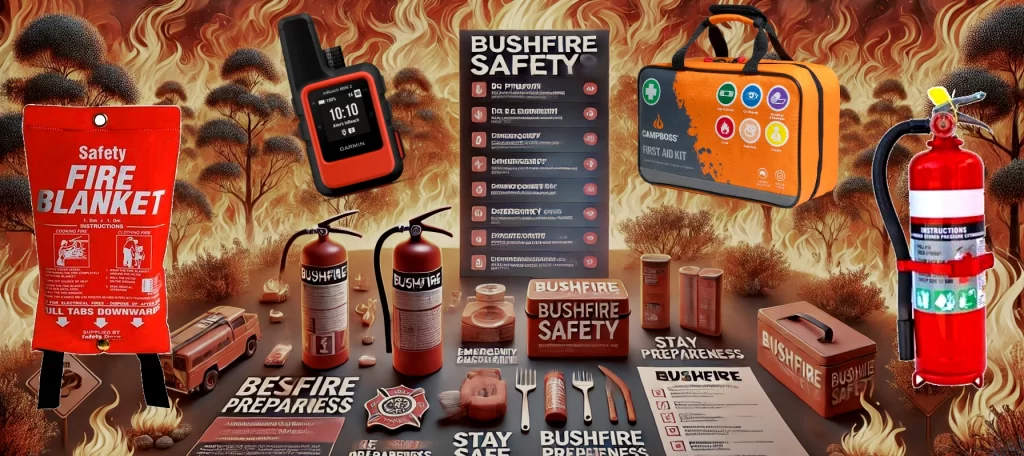One type of fire extinguisher is the dry chemical powder fire extinguisher, a versatile tool for putting out fires. In this article, we will discuss dry chemical powder fire extinguishers, their components, how they work, and their uses.
What is a dry chemical powder fire extinguisher?
A dry chemical powder fire extinguisher contains a dry powder (often sodium or potassium bicarbonate) that disrupts the chemical chain reaction in a fire, extinguishing it.
- Cylinder: The outer shell, made of steel or aluminum, withstands high pressure.
- Valve assembly: Controls powder release, containing various components such as a valve stem and sealing disc.
- Nozzle or hose: Releases the powder and can be aimed at the fire.
- Dry chemical powder: The main extinguishing agent stored under pressure.
How does a dry chemical powder fire extinguisher work?
These extinguishers disrupt the fuel-oxygen-heat chain, using sodium or potassium bicarbonate that releases CO2 gas upon heating, separating fuel from oxygen.
Limitations of dry chemical powder fire extinguishers
While effective, they leave a residue and can create a cloud of dust, making it hard to see and clean up, and are unsuitable for cooking oil fires.
Conclusion
Dry chemical powder extinguishers are effective for various fire types but must be used correctly, with care for their limitations.
Frequently Asked Questions
What is a dry chemical extinguisher suitable for?
Suitable for fires involving combustibles, flammable liquids, and electrical equipment.
What Colour fire extinguisher is dry chemical powder?
In Australia, these extinguishers are red with a white band indicating dry chemical powder.
Is a dry chemical extinguisher a CO2 extinguisher?
No, dry chemical extinguishers use powder, while CO2 extinguishers use carbon dioxide gas.
Is dry chemical powder the same as foam fire extinguisher?
No, foam extinguishers use foam to smother fires, effective for flammable liquids.
Can I use a Dry Chemical Powder Extinguisher on an electrical fire?
Yes, but it’s important to shut off the power first and use caution.
When should you not use a dry chemical fire extinguisher?
Do not use on cooking oils, sensitive electronics, confined spaces, reactive metals, or oxidizers.
Are Halon Extinguishers OK to use?
Halon extinguishers are effective but have environmental drawbacks, and alternatives like CO2 or FM-200 are recommended.
Do firefighters use dry chemical fire extinguishers?
Yes, firefighters use them for Class A, B, and C fires, but may choose other types depending on the fire.






